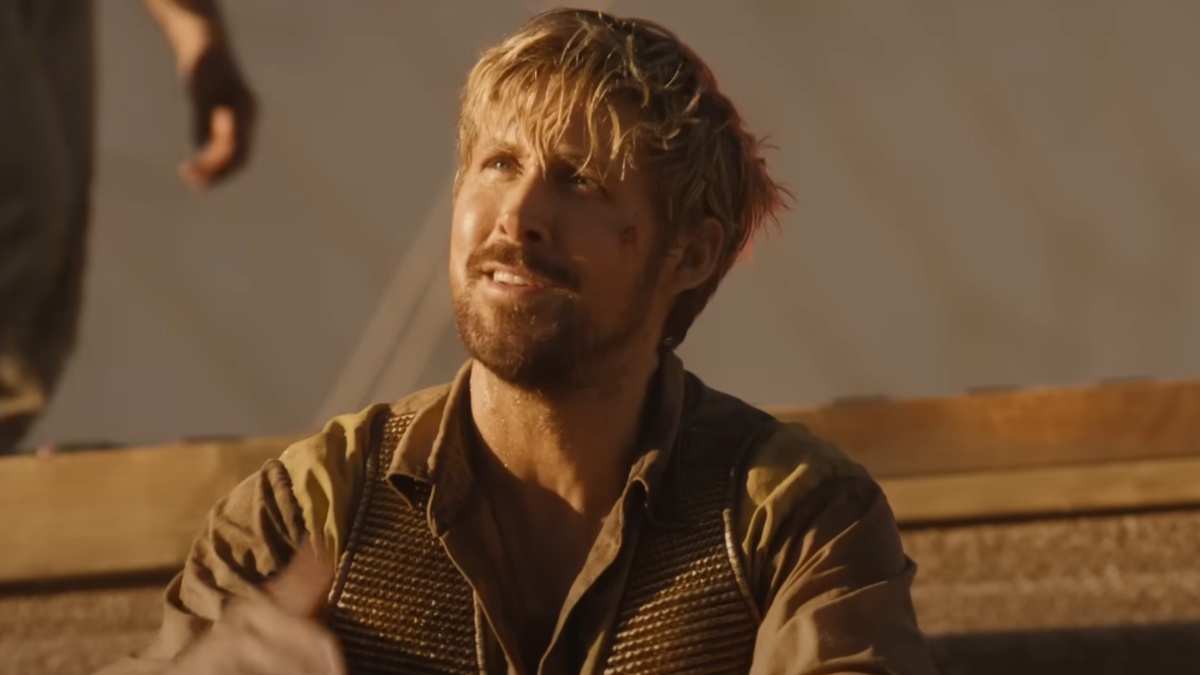E3 is dead, long live E3.
For the next 12 months I fully expect every promoter with even the smallest game convention to be trying their damnedest to convince consumers, developers and the press, that their convention is heir to the throne.
The problem is that there are (at last count) around 50 small, medium and large game conventions across the country. That’s far too many for small-to-medium developers and press outlets to cover, and exceedingly too many to expect the folks at home to attend.
So now begins the process of natural selection. 50 conventions enter, one convention leaves. But what are the criteria?
E3 appealed to consumers, developers and press because it was quite simply the one show everyone had to attend. As a gamer, not being at E3 meant that you just didn’t take the hobby seriously enough. As a developer, it meant that you weren’t planning to release a game that year. And as press, it meant that you didn’t’ exist.
Big-budget developers rented exorbitant booths, laden with flashing lights, screaming sirens and JumboTron screens. Even developers from other countries, and those who couldn’t afford the glitz had a place, and I spent more than a few hours crammed into their tiny booths in May of 2006.
E3 was a one-size-fits all exposition of everything having anything to do with gaming, and everyone who was anyone worked their entire yearly calendar and three days of their lives to be there and see it all. How do you replace that?
Put simply, you don’t. Not immediately, anyway. What we’re seeing now is the decomposition of the corpse. Those concerned are hedging their bets, attending as many different shows as they can in the hopes that one or another will eventually blossom into E3’s successor. As much as we all like to talk about how we prefer the smaller, more intimate, focused shows, there’s just no way the industry will accept the absence of an E3-like showcase. There’s a vacuum, and it will some day be filled. The suitors are lining up outside the gates.
Among them, is VGXPO. In the tradition of its predecessor, the venerable PhillyClassic, VGXPO’s show floor was stuffed to the gills with arcade and console classics. If, like me, you’ve been longing to revisit some treasured game memories, then this is the show for you. Aside from the cabinets, there were console machines of every make and model and vendor booths stuffed with cartridges and accessories for long-dead systems. Even Atari was in attendance, showcasing some neat console mock-ups and schematics for never-released products, like their unreleased handheld device prototypes.
But although its show floor was dominated by ghosts of gaming’s past, VGXPO’s sights were firmly set on the future. The panel discussions (two of which I participated in) were all focused on the future of gaming, the future of the industry in Philadelphia and your possible future, should you choose to join the fun.
Media outlet CMP sponsored a weekend-long seminar series focused on helping those with aspirations of joining the ranks refine their skills and resumes, and those of us with press badges found ourselves eerily in the spotlight more often that we’re accustomed, simply by virtue of the fact that we’d “made it.”
Honestly, after years of enduring negative, cynical forum discussions, articles and barroom conversations with colleagues about the “fate of the industry” and the lack of attention paid to “real” issues in gaming by the mainstream press, it was refreshing and wonderful to spend two days amongst those who couldn’t care less. Truly enjoying games with gamers who truly enjoy games is an experience I’ve not gotten enough of lately, and if VGXPO was good for nothing else, at least I’ll have that memory to keep me warm.
VGXPO seems to be taking an active role in the growth of the industry, and one can hardly fault them for that. With one eye firmly on the mournful lack of industry attention on Philadelphia and the other on the joy of being a gamer, should Philadelphia soon become another of gaming’s many current hotspots, the show will be perfectly positioned to rule that part of the game convention landscape and perhaps the entire East Coast. With a little more developer support, I could see this becoming a yearly must-see.



Published: Oct 30, 2006 02:39 pm